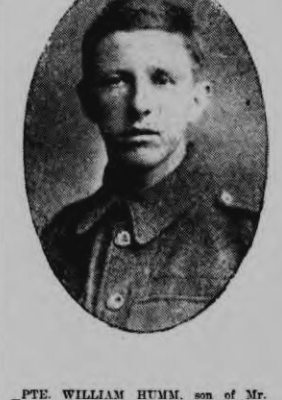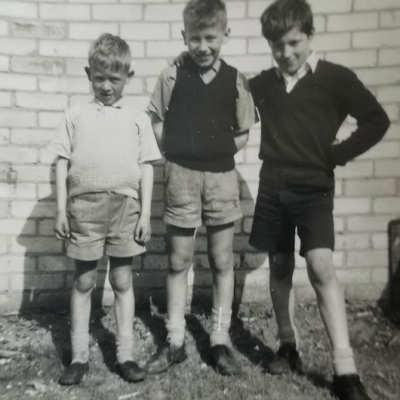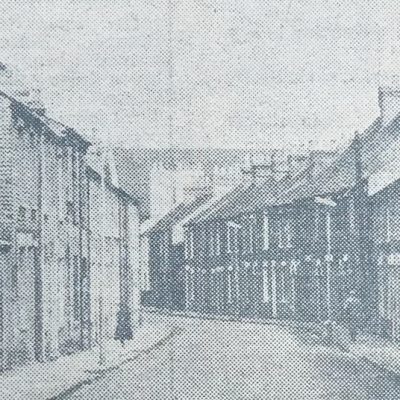Search by topic
- archaeology
- Building of Local Interest
- charity
- church
- crime
- dressmaker
- fire
- Great Eastern Railway
- Listed building
- Mapping Relief
- medieval
- oral history
- poverty
- Public House
- Rattee & Kett
- Religious House
- Roman
- scholar
- school
- Then and Now
- tudor
- women
- work
- world war one
- world war two
Search by text
174 Gwydir Street
History of 174 Gwydir Street
1881
Richard Cave, head, 60, leather cutter, b Northants
Sarah, wife, 56, b Northants
1891
John E Doughty, head, 57, waiter, b Cambridge
Sarah, wife, 52, b Cambridge
Anne, daughter, 33, mantle maker, b Chesterton
Agnes, daughter, 28, b Chesterton
Harry W, son, 26, clerk, b Chesterton
Alfred J, son, 16, b Chesterton
Nellie K, daughter, 14, b Chesterton
Florence M, daughter, 11, scholar, b Chesterton
Grace A, daughter, 7, scholar, b Cambridge
1900 CDN 13.11.1900: Ernest Percy Betts of 174 Gwydir Street was summoned for discharging a firework on Mill Road on November 5th. He pleaded guilty. PC Wright proved the case and defendant was severely cautioned and fined 2s 6d.
1901
William Betts, 50, carpenter and joiner, b Suffolk
Mary, 45, b Berks
Lilian May, 22, dressmaker, b Cambridge
Ernest, 20, grocer’s assistant, b Cambridge
Jessie, 16, draper’s assistant, b Cambridge
Leonard, 13, b Cambridge
Hubert, 18, Reginald, 11, b Cambridge
1911
Emma Cook, wife, 51, b Cambs
Frederick Cook, stepson, 20, house painter, b Cambs
Susan Heffer, sister, 66, retired, b Reach
1913
Alfred Cook, gardener
1918 CDN 28.12.1918: Prisoners fired on and killed: Another returned prisoner of war is Pte Wilfrid Cook, Royal Fusiliers, son of Mr and Mrs A Cook, 174 Gwydir Street, Cambridge, who arrived home from Germany on Thursday last. In an interview with a presentative of this paper he states that he went out to France on the first month of the war and was captured in September 1914. He was first sent to work for six months in a salt factory where the treament was so bad that he lost all his hair and dropped two sone in weight. After this he went to a camp in Erfurt where he got 28 days impriosnment because his boots wanted repairing. The men slept without shirts, jackets or blankets. After leaving this camp he was put in a working party on tree felling for two years and three months.
Parcels were held up and the men lived on pig meal and anything else they could lay their hands on and for refusing to work on Sundays they spent four hours in cellars ankle-deep in mud. They were not allowed to bathe unless they paid for it. While with this working party he worked from six a.m. to six p.m. in all weathers.
Once a train came in with men who had been working behind th lines and 30 were found dead in the train. British doctors did all they could but the medical supplies were commandeered by the Germans. In May 1916 Pte Cook was transferred to Langensalza Camp. At this camp he states the French bought a hut and built a theatre and when the armistice was signed they thought they could take it away but the Germans refused to allow it and brought up two companies of soldiers who burst into the camp and fired into the prisoners three Englishmen nine Frenchmen one Russian one Italian and one negro being killed. There were no cooking arrangements in the camp and the sleeping apartments intend for 250 men held 400 and were wet and muddy, When Pte Cook left, the men were in a very bad condition. Reckoning it up he said he had not one good word for the treatment he had received.
1939
William J Wells, b 1883, boot repairer (Air Raid Warden)
Fanny A, b 1880
Kathleen A Wells, b 1917, shorthand typist (ARP teleprinter)
1962
Henry G Smith
Contribute
Do you have any information about the people or places in this article? If so, then please let us know using the Contact page or by emailing capturingcambridge@
License
This work is licensed under CC BY-NC-SA 4.0












